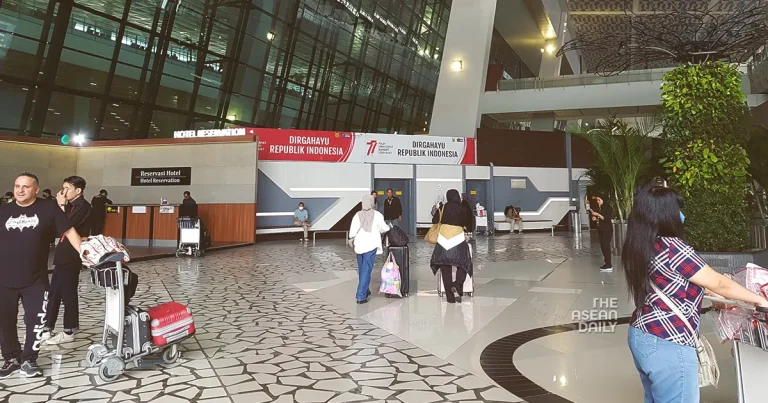18-4-2024 (JAKARTA) Indonesia has reversed stringent restrictions on foreign goods brought in or sent back from overseas by its migrant workers following public backlash, less than two months after the rules were implemented.
The regulations, which included strict limits such as a two-bag cap per person, a maximum of two pairs of footwear, and a cap of five textile products per individual, were initially introduced last year for Indonesian migrant workers and international travellers. They came into effect on March 10.
The decision to backtrack on the order for Indonesian migrant workers was reached by various ministries on Tuesday (April 16).
The rollback aims to provide convenience and equitable solutions for individuals seeking to send goods to their families in Indonesia, stated the Ministry of Trade in a press release.
“With this relaxation, the Ministry of Trade seeks to acknowledge and honour the invaluable contributions of our migrant workers abroad, who serve as our foreign exchange heroes,” the ministry added.
According to a 2017 World Bank report, more than nine million Indonesians were employed abroad, with over three-quarters of them being low-skilled workers.
While the stringent import measures were intended to curb the commercialisation of goods brought into the country and ensure that items purchased overseas are strictly for personal use, they sparked online debate over their effectiveness. Criticism came from various quarters, including the head of the Indonesian Migrant Workers Protection Agency (BP2MI), Benny Rhamdani.
Arguing for a rollback, Mr Benny expressed concern that the measures placed an undue burden on Indonesian migrant workers, often resulting in their goods being held in customs facilities and inaccessible to their intended recipients.
“They laboured for years, saving money to purchase necessities for their families, only to witness these goods languish in warehouses, ultimately succumbing to damage,” said Mr Benny, as reported by CNN Indonesia.
While the policy reversal removes constraints on the type or quantity of goods brought or shipped back by Indonesian migrant workers, they are still subject to taxes based on the value of the products.
Shipments with a maximum customs value of US$500 per consignment, up to three deliveries annually (not exceeding US$1,500 per year), are exempt from import duties. Beyond that threshold, a 7.5 per cent tax applies.




